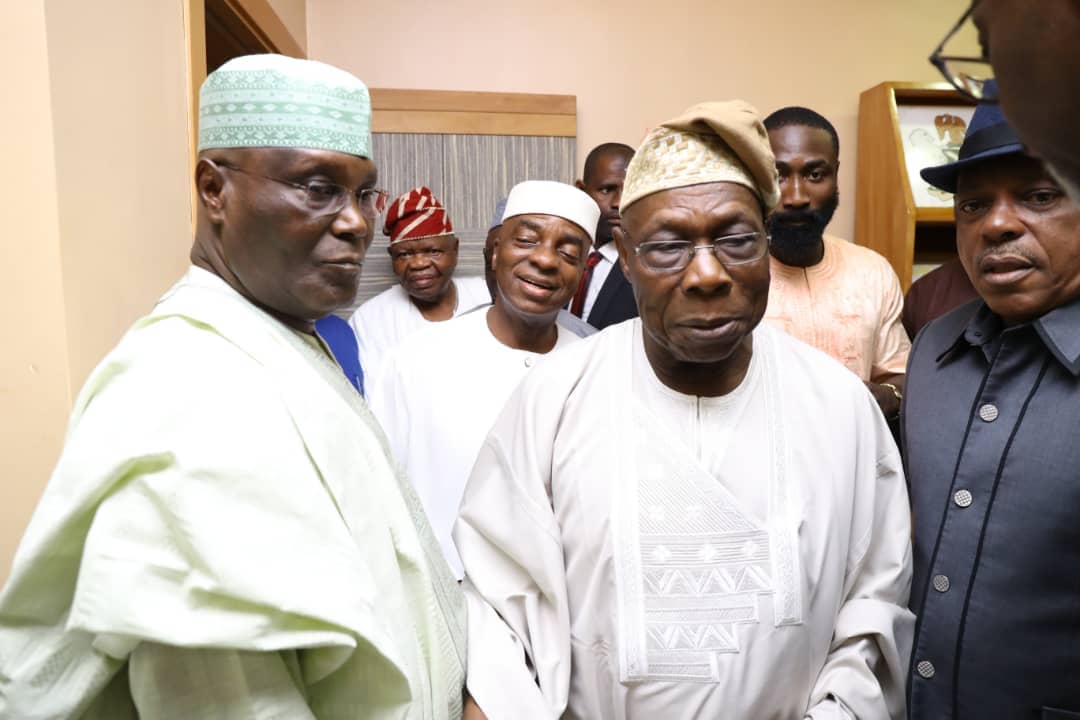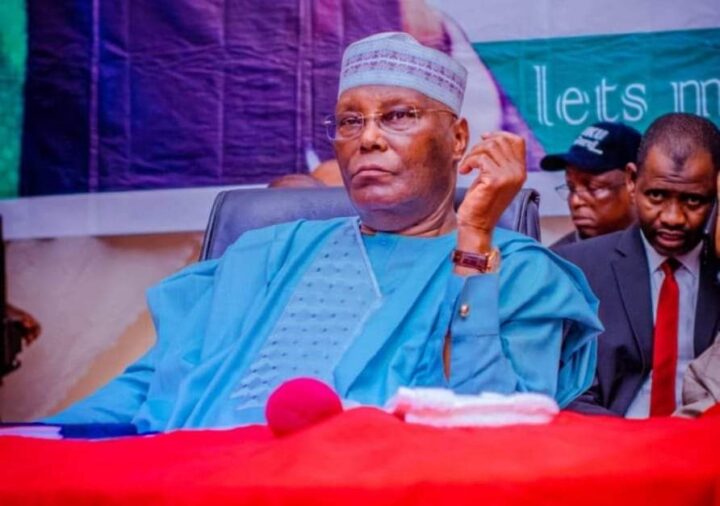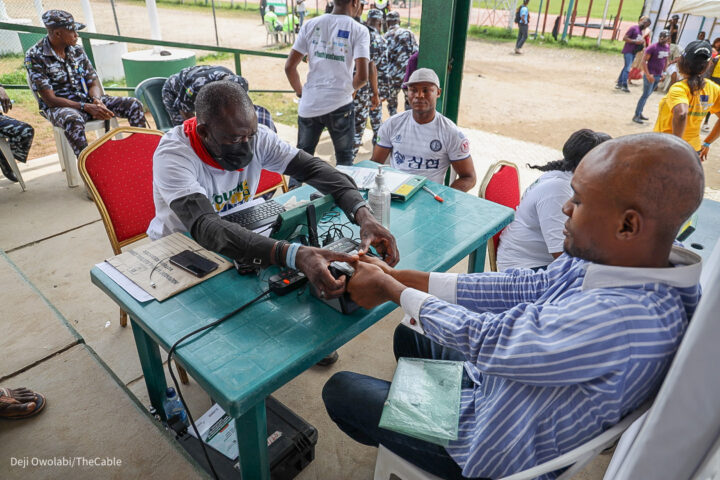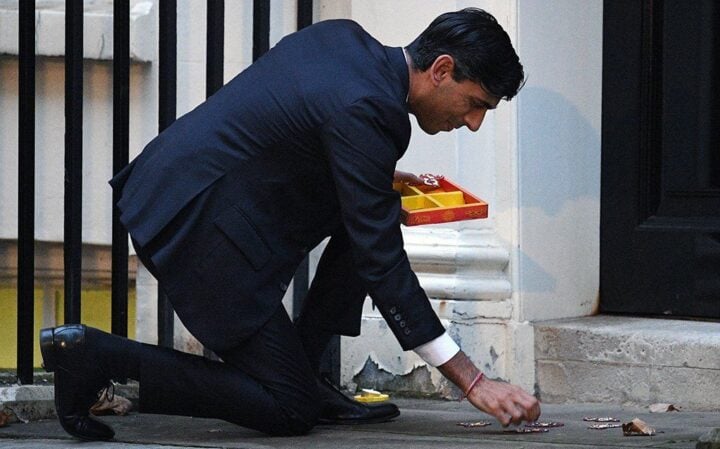Paul Rusesabagina, whose heroics during the 1994 Rwanda genocide inspired the Oscar nominated movie, Hotel Rwanda, is back in the United States, after being released from jail in his country, to spend the rest of his remaining life in peace and never dream of politics in his country again.
Resisting a bizarre twist of fate in a country with deep ethnic crevices, Rusesabagina, manager of four star Hotel des Mille Collines in Kigali, who suddenly found himself in the middle of a gory reality drama, used his skills and connections to shelter over 1200 Tutsis and moderate Hutus, and saved them from a horrible end in the hands of racially bigoted and indoctrinated Interahamwe militia.
The 2004 film acknowledged Rusesabagina’s heroism. But the Rwanda President, Paul Kagame, who grew weary of his growing international profile, outspokenness and criticism against his government, decided to act once and for all. Keep him away for eternal damnation, until the United States and the government of Qatar stepped into the matter and secured his release last week.
Incendiary broadcasting provided the fuel for the ethnic cleansing fire that ran through Rwanda from April 1994. Following the death of President Juvenal Habyarimana and his Burundian counterpart, Cyprien Ntaryamira, in a plane crash (plane allegedly shot down by some rebels) the Tutsis bore the heavy weight of recrimination and, within a hundred days in hell, over a million of them, including some Hutus, ironically, were murdered in a wave of madness. Broadcasting played an ignoble role.
Advertisement
Documenting those horrible days for posterity in her book, From Red Earth, Denise Uwimana, a miracle survivor wrote: “When I turned the radio to RTLM next morning, a fanatical voice was announcing an order “from the top” that the hour had come for all “snakes and cockroaches” to die. “Look in the bushes!” the voice screamed. “Look in the swamps! Wherever you find Tutsi, kill! Kill without mercy!” He named specific “enemies and traitors” to be targeted first and ended with a shriek: “The mass graves are still half-empty! Fill them up!”
Broadcasting became a beast in Rwanda and tribal deviants exploited its ugly capacity to push the country over the edge.
One observation here; those who flaunt superiority complex, as some people are wont to do in Nigeria, always end up creating demons that destroy a society.
Advertisement
Those familiar with the historical nightmare of Rwanda will be happy that broadcasting in Nigeria is not left in the hands of the government with a central command from the federal or state authorities but deregulated and democratised since 1992 to provide plurality of voices and opinions. They will be happy when, from time to time, the broadcast regulator which is the National Broadcasting Commission (NBC), roars into action and sometimes, parcels out sanctions to knock seemingly erring broadcasters into line.
This would have been the natural expectation except that, in the case of Nigeria, the law has been framed in such a way that it can easily be manipulated to ruin the kind of joy that a deregulated broadcast sector once introduced, the kind of joy that made pioneer broadcast regulator, Prof Tom Adaba, to rephrase a particular lyrics from the Third World musical group, “now that we found love, what are we going to do, with it?” to “now that we find broadcasting what do we do with it?”
The Minister of Information and Culture is inadvertently empowered to sit astride the nation’s broadcast law and dish out commands even based on whims and caprices.
Recent developments in the broadcast industry do not bring any comfort at all. An interview granted Dr Datti Baba-Ahmed, the Vice Presidential candidate of the Labour Party by Seun Okinbaloye of Channels Television, has generated a new wave of controversy. Again that wouldn’t be an issue if the people believe in the purity, sanctity and independence of the broadcast laws.
Advertisement
Riled by the contents of the interview aired March 22, 2023, Mr Bayo Onanuga, Director, Media and Publicity, All Progressive Congress (APC) Presidential Campaign Council, on March 30, fired a petition to the NBC, asking the regulator to sanction Channels Television for breaching sections of the Nigeria Broadcasting Code.
Said Onanuga in the petition, “The Code states in Section 3.8.1(b) that ‘A Broadcaster shall ensure that no programme contains anything which amounts to subversion of constituted authority or compromises the unity or corporate existence of the nation as a Sovereign state.
“The comment by Mr. Datti later on the same programme that if ‘President Buhari should hand over to the President-elect by 29th May, that would be the end of democracy is another case of unguarded statement and breach of Section 5.3.3(b), which states that – ‘A Broadcaster shall avoid divisive and inflammatory matters in its provocative form in using political material’.
“Furthermore, Section 3.0.2.1 said that no Broadcaster shall encourage or incite crime, lead to public hate, disorder or repugnant to public feelings’ materials that cause disaffection.”
Advertisement
Onanuga therefore urged the NBC to sanction Channels TV based on identified breaches.
The fine came soon enough. N5m slammed on Channels. The punishment could be more severe next time, the regulator warned. The NBC letter was dated March 27, 2023. But no problems with the dates, about the witch crying in the night and the child dying in the morning. A little abracadabra with the dates remains a suspicion here. After all, Nigerians are not bad mathematicians and can put two and two together to get a befitting answer.
Advertisement
People are outraged. Some of us that have followed Onanuga over the years with earned obsequiousness are troubled that he doesn’t seem to have understood the changing story of the Nigeria nation. An election that may earn the worst grades in our electoral history has just been held, the nation has been fractured beyond ethnic lines, and INEC is being blamed for helping push the nation towards the precipice. Even Onanuga’s position on some issues remain contentious and very discomforting. Add his letter to the NBC to the plate on the table!
A petition from an incoming government to a regulator carries too much punch. It is not just a letter, it is beyond subtle blackmail. It is pure coercion. How could Onanuga have missed that point even in a moment of justifiable anger?
Advertisement
This writer has spoken to former regulators and even those presently working at NBC. They are of the same opinion that the petition didn’t mean well for the independence of the regulator. Instead, it tried to create a pathway for them to follow even if they knew what to do in the first place.
The relationship between the President-elect, Senator Bola Ahmed Tinubu, and the Minister of Information and Culture, Alhaji Lai Mohammed, is very much in the public domain. Already there are subterranean grumblings that the Minister’s position on recent action taken by the regulator against TVC which belongs to Tinubu has unnerved some of the workers.
Advertisement
One question from the foregoing is, what will happen to industry regulation once the new government comes in?
While time will supply answers to the above question, one will want to observe that the country is passing through challenging times. The broadcasters will need to be more creative in managing the hubris of supposed election winners who are still spitting fire from Olympian heights, and the disappointment and frustrations of supposed losers at the nadir quarters of their present life. The media needs to preach sophrosyne and tolerance.
The sight of red earth is not always very comforting. When I got home years ago and looked into the room where Daddy will be taking his eternal test, the first thing I saw was the red earth, meaning that the grave was ready for its permanent occupant.
We don’t need red earth all over the nation. Too many have gone already for the obvious reason that the nation failed to protect them. We don’t need to add more with our reckless talks and mistimed actions. Broadcasters should be bold enough to hold politicians responsible for their actions irrespective of the red eyes of the broadcast regulators and their appointers.
Views expressed by contributors are strictly personal and not of TheCable.







